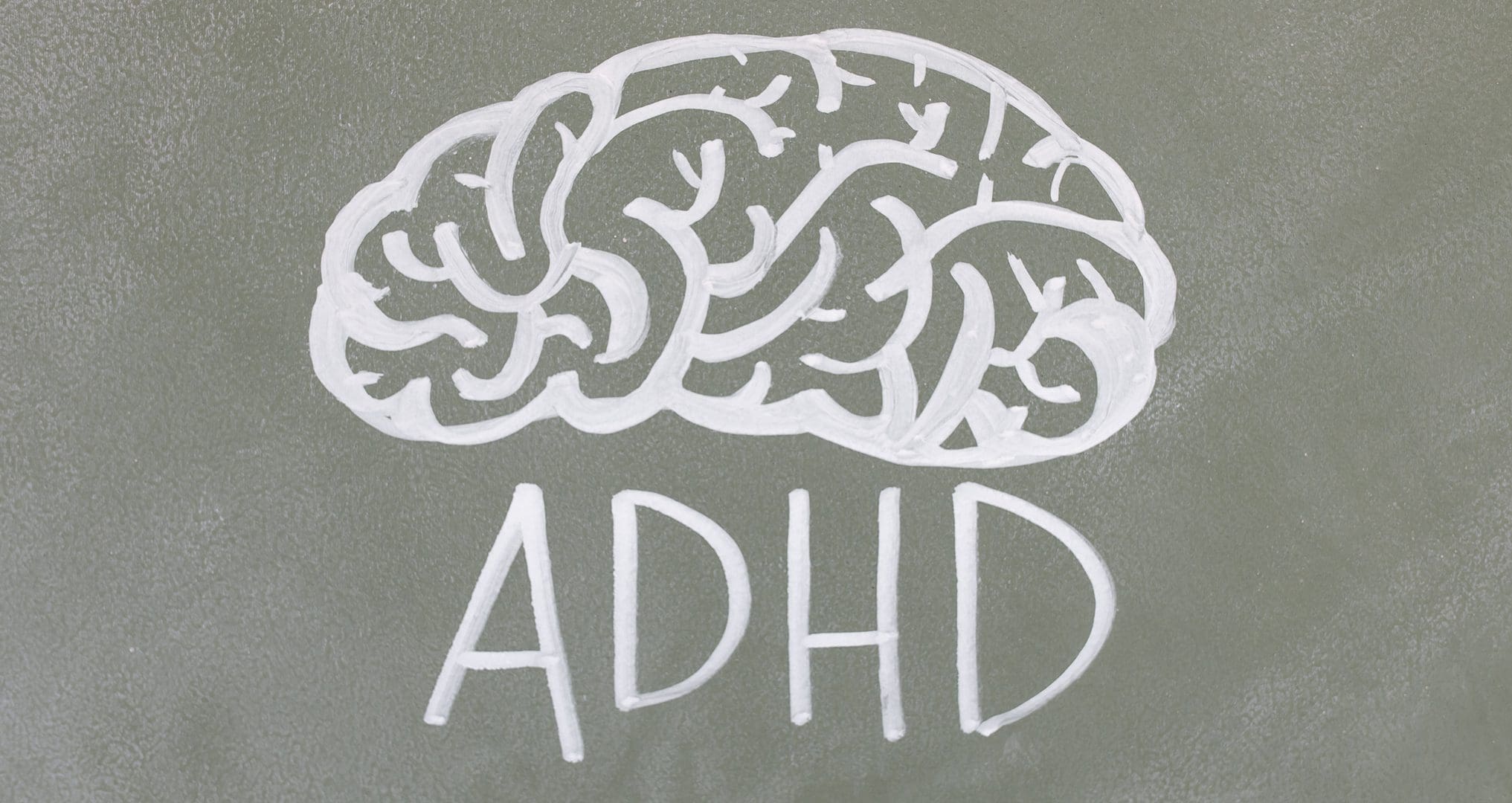Attention deficit hyperactivity disorder (ADHD) is becoming a common household phrase. Recent studies and research have helped 21st-century parents handle their children with ADHD, while older adults and even Millennials are learning they’ve been living their entire lives with an undiagnosed case of ADHD. Unfortunately, throwing a traumatic brain injury (TBI) into the mix only makes things worse.
While the relationship between ADHD and TBIs is still being studied, Peak Brain Centers has been helping people of all ages mitigate the symptoms related to both using neurofeedback therapy. Still, we often find ourselves answering one common question: Does ADHD increase my child’s susceptibility to TBIs?
What is ADHD?
ADHD is classified as a childhood neurodevelopmental disorder by the CDC. While there is no one single test used to determine a person’s level of ADHD, people with this mental health disorder are characterized as being impulsive, lacking in attention skills, and have high levels of energy. Children with ADHD often also risk developing other mental health issues as they age into adults.
While kids are often diagnosed early in their school-age years, adults today are finding out that they, too, have ADHD. However, these diagnoses also tend to reveal that the adult could be living with post-TBI or concussion symptoms related to an accident or fall sustained during childhood.
What is a TBI?
In simple terms, a TBI is an injury that affects how the brain works. Anyone can experience a traumatic brain injury, and they are a major cause of death here in the United States. This type of injury is often caused by a blow, jolt, or bump to the head related to accidents or falls. But TBIs can also be caused by penetrating wounds such as a gunshot to the head. These injuries fall into one of three categories:
- Mild TBI or concussion
- Moderate TBI
- Severe TBI
Depending on the severity and the age of the child, a TBI can significantly impact brain development and learning. If a TBI goes untreated, a child may grow up with learning difficulties, behavioral issues, and trouble thinking, all of which could be misdiagnosed as ADHD.
Can One Cause the Other?
We’re still learning about ADHD and TBIs and what they do to the brain, but some research has found a link between ADHD and concussions. Because people with ADHD tend to be impulsive, they often partake in risky behavior. Some doctors theorize this is because their brains lack an essential neurotransmitter called dopamine. Dopamine is responsible for physical movements and helps you control your emotions. Because ADHD brains don’t create enough dopamine naturally, these individuals oftentimes are thrill seekers, looking for activities that give them the dopamine rush they crave.
However, ADHD can also cause visual and auditory processing problems, making it difficult to participate in certain activities. While some parents think they’re doing their children good by enrolling them in team sports, an ADHD-related problem with depth perception or visual-motor speed could cause a child to collide with teammates and others more often. These collisions often result in TBIs, making it even more difficult for the brain to process information.
Furthermore, children with a pre-existing ADHD diagnosis also have a lower baseline score in vestibular, ocular, and neurocognitive assessments. So, if a child with ADHD does suffer a TBI, they are even more likely to have severe symptoms that last a lot longer.
Mitigate TBI and ADHD Symptoms at the Same Time!
At Peak Brain Centers, your mental health matters to us! We treat people of all ages who have had TBIs and/or ADHD. Our neurofeedback therapy helps mitigate all their symptoms, encouraging the brain to develop new and healthy brainwave patterns. This type of intervention is also great for people suffering from PTSD, autism, and general brain fog. We’d love to see you and help you tap into a new and better you using the power of your own brain! Schedule your free consultation today.






